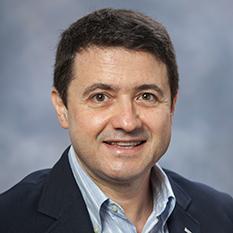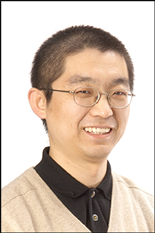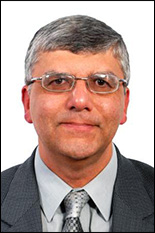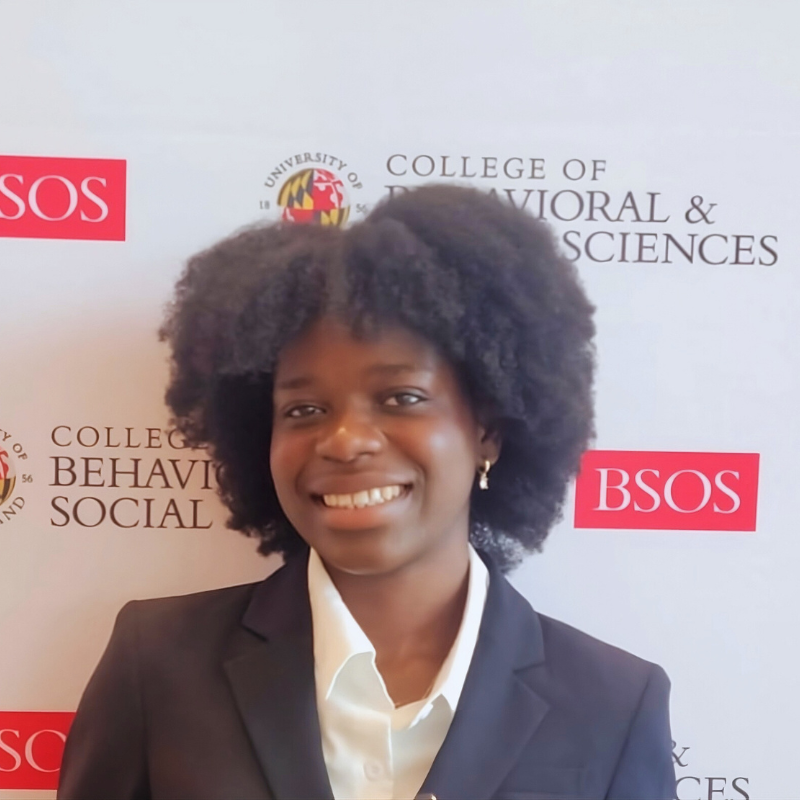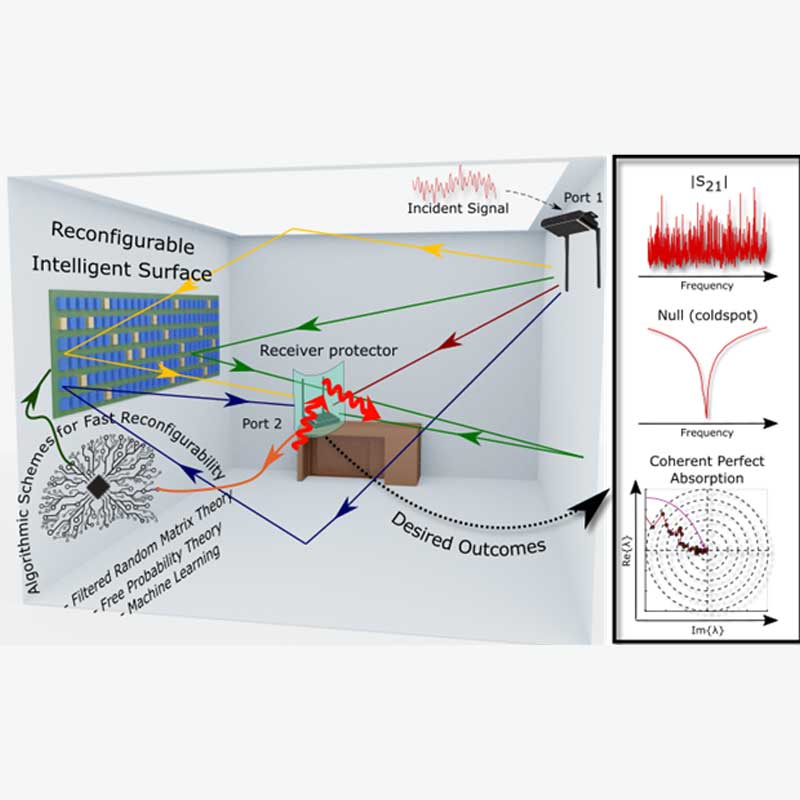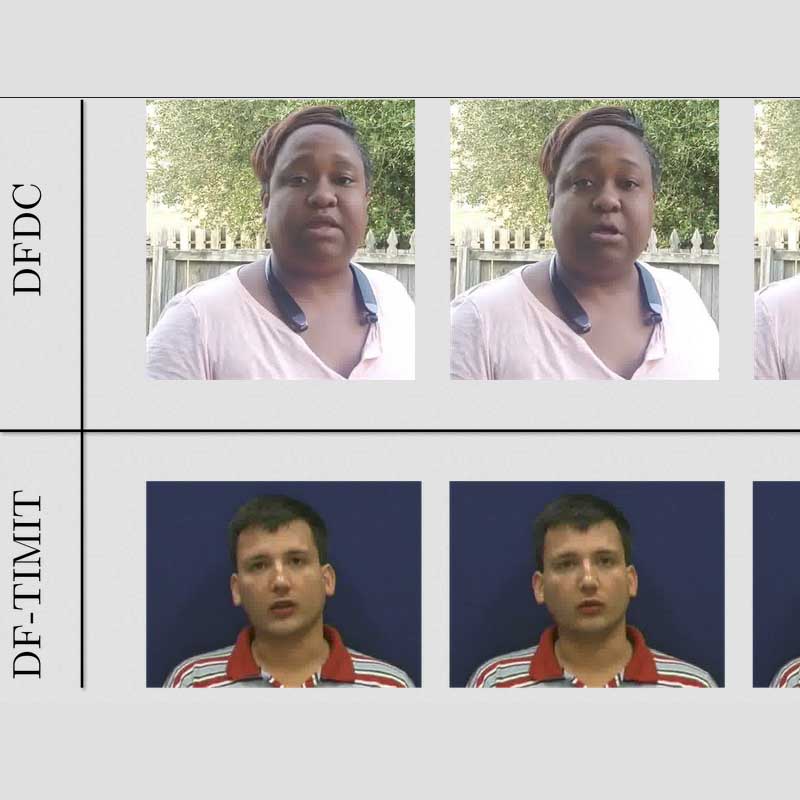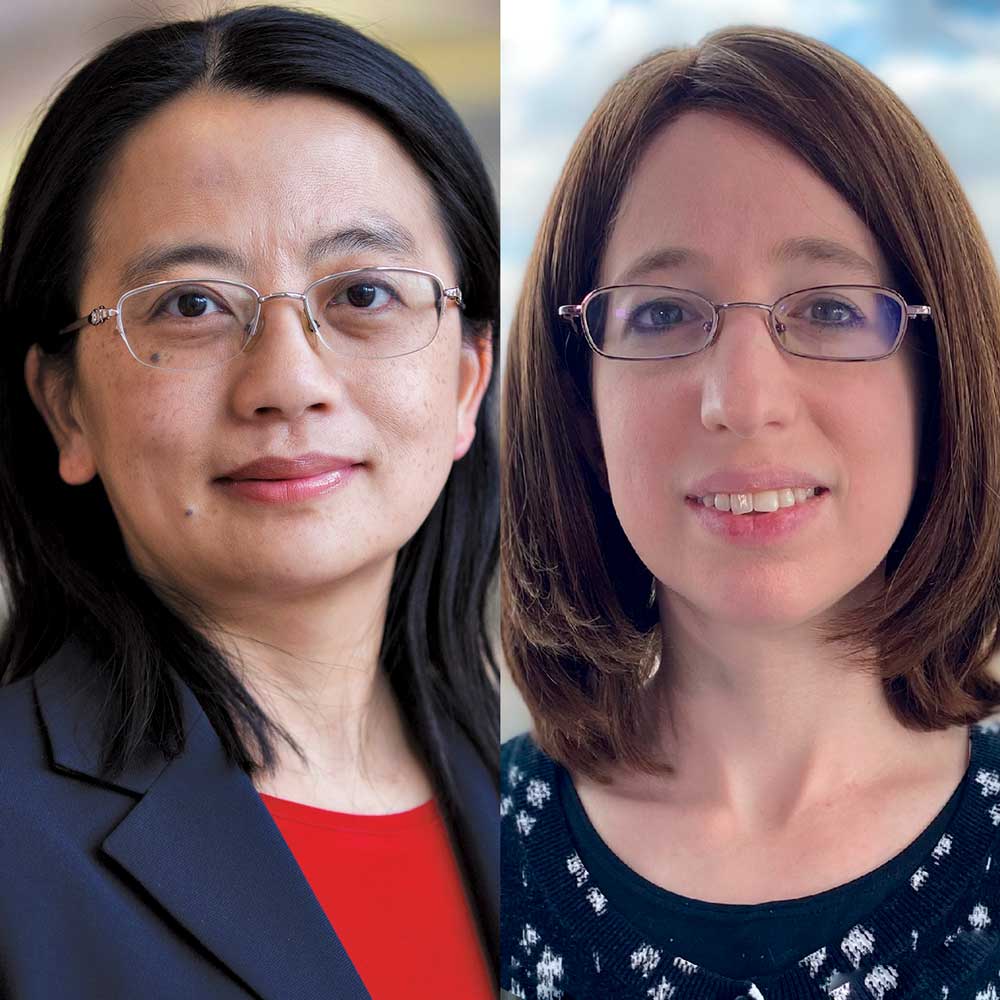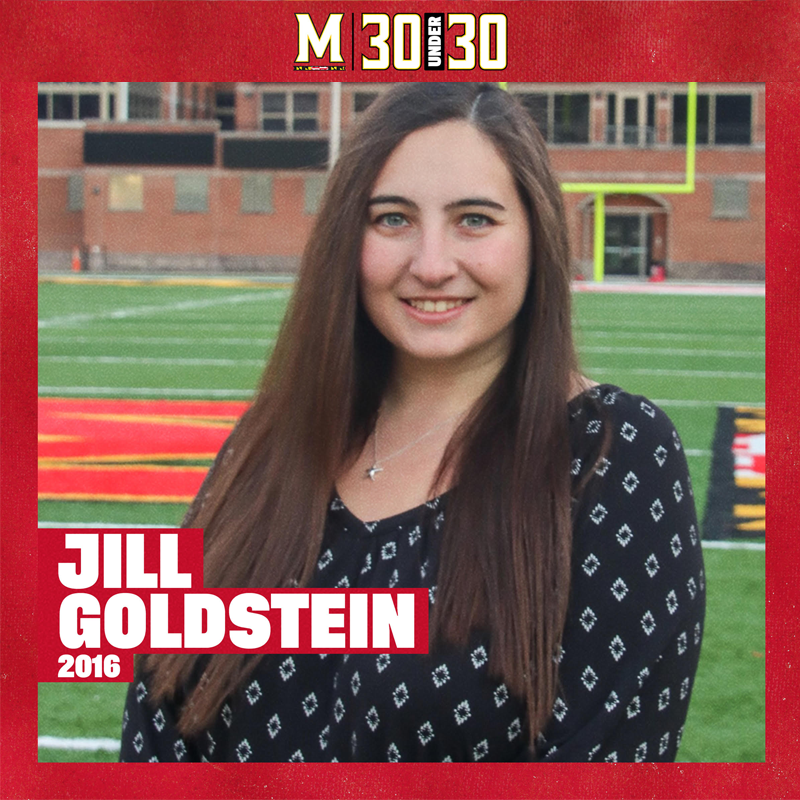News Story
Liu Wins Wylie Dissertation Fellowship
Guannan Liu, an Electrical and Computer Engineering graduate student, was awarded an Ann G. Wylie Dissertation Fellowship for the 2015-2016 academic year. Liu developed the first integrated solid state gas sensor. His Ph.D. thesis is “highly sensitive and selective gas sensors using gallium nitride nanowire functionalized by metal oxide nanoparticles”. Liu is advised by Professor Martin Peckerar.
First, Liu developed a top-down approach process to fabricate the horizontally aligned gallium nitride (GaN) nanowires (NWs). Compared to the conventional bottom-up NW growth technologies, the top-down approach has great advantages in alignment-free, homogeneity and mass production capabilities. He further investigated and reported surface treatment methods that can fully remove surface damage caused by plasma ions bombardment during the dry etching.
By engineering the surface of the NWs with different metal oxide nanoparticles (NPs) or nanoclusters (NCs), the selectivity of each sensor can be fine-tuned to selectively sensing only one kind or one type of gas. Benefitting from the large surface-to-volume ratio of the nanomaterials, these sensors can respond to very low target concentrations. The mechanism of sensing is based on surface adsorption and desorption of target gases; ideally there is no life-time limitation.
In his sensor structure design, a micro-heater unit was embedded in parallel with each NW sensor even though all the sensors work at room temperature. During sensing cycles, too much chemical gases might adhere on the sensor at some extremely high target gas concentration conditions. The goal of the micro-heater is to use the heating assistance to increase the desorption rate and “reset” the sensor to guarantee accuracy and reliability of measurement. So far Guannan Liu has developed Nitride Dioxide (NO2), Hydrogen (H2) and Ammonia (NH3) sensors. He is currently working on Carbon Monoxide (CO), BTEX Aromatic and Alcohol sensors. All six different sensors can be integrated together into one single chip and sensing simultaneously to give real time environment monitoring.
As recipient of the fellowship, Liu will receive a $10,000 stipend, money toward health insurance, a candidacy tuition award, and a credit for mandatory University fees for one semester. In return, Liu must devote his full attention to his dissertation during his semester of choice.
Published April 29, 2015
